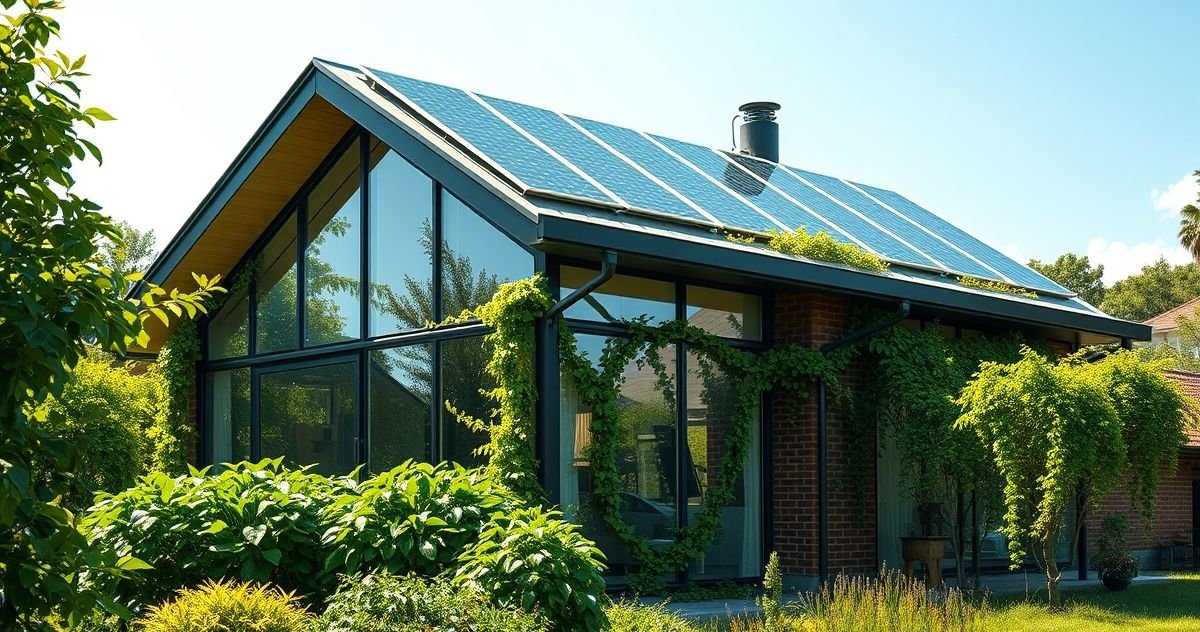What is the Sustainable Housing Tax Credit?
The Sustainable Housing Tax Credit is a significant fiscal policy tool designed to incentivize the development and renovation of eco-friendly housing. By offering tax deductions or credits, this initiative aims to promote investments in sustainable housing projects that meet specific environmental performance standards. The primary purpose of this tax credit is to stimulate the construction and renovation of housing projects that conserve resources, improve energy efficiency, and reduce their overall environmental footprint.
Primary Purpose
The core objective of the Sustainable Housing Tax Credit is to provide financial motivation for builders, developers, and homeowners to incorporate sustainable practices into their housing projects. By reducing the tax burden on such eco-friendly ventures, the policy aids in steering the construction industry towards greener practices, supporting both environmental and economic goals. It strives to contribute towards energy conservation, reduction in carbon emissions, and better resource management, which are essential components in combating climate change and promoting a sustainable future.
Key Features or Components
- Eligibility Criteria: To qualify for the Sustainable Housing Tax Credit, projects must meet specific environmental standards, such as those related to energy efficiency, water conservation, and indoor air quality. These standards often align with recognized green building certifications like LEED or Energy Star.
- Credit Calculation: The amount of tax credit available is typically calculated based on the size of the project, the degree of sustainability achieved, and other pertinent factors, ensuring the incentives match the contributions to environmental sustainability.
- Scope of Application: This tax credit may apply to a variety of projects, including new constructions, retrofits of existing buildings, and even community housing developments, provided they meet the necessary sustainability criteria.
Relevant Filing or Compliance Requirements
To benefit from the Sustainable Housing Tax Credit, taxpayers must adhere to certain compliance requirements:
- Documentation: Comprehensive documentation proving compliance with environmental standards is crucial. This includes sustainability assessments and certifications from recognized bodies.
- Declarations: Taxpayers are required to declare their eligibility when filing taxes, often needing to submit additional forms that outline how their projects meet the required criteria.
- Audits: Projects may be subject to random audits to ensure continuing compliance with the stipulated sustainability criteria.
Penalties or Consequences for Non-Compliance
If an entity is found to be non-compliant after receiving the Sustainable Housing Tax Credit, the consequences may include:
- Repayment of Credits: Entities may be required to repay any credits received if they are unable to demonstrate ongoing compliance with required standards.
- Fines and Penalties: Additional financial penalties may be imposed to discourage future non-compliance.
- Loss of Future Eligibility: Persistent non-compliance can lead to disqualification from future claims, impacting long-term financial planning.
Importance or Significance
The Sustainable Housing Tax Credit is significant in several aspects, notably in promoting environmentally sustainable development within the housing sector. It not only fosters a move towards green building practices but also supports the broader economic goal of enhancing the quality and energy efficiency of housing infrastructure.
Economic Impact: The tax credit helps offset the higher upfront costs often associated with sustainable building practices, thus making eco-friendly housing development more accessible and financially viable.
Environmental Benefits: By encouraging the adoption of sustainable techniques and materials, the policy plays a vital role in reducing the carbon footprint of the housing industry, thus contributing to the fight against climate change.
Social Equity: An important facet of the Sustainable Housing Tax Credit is its role in enabling affordable housing projects to implement green technologies, thereby improving the living conditions of low-income populations.
In conclusion, the Sustainable Housing Tax Credit is more than just a fiscal advantage—it is a step towards a greater goal of ensuring sustainable and responsible development in the housing sector, ultimately contributing to economic, environmental, and social welfare.

